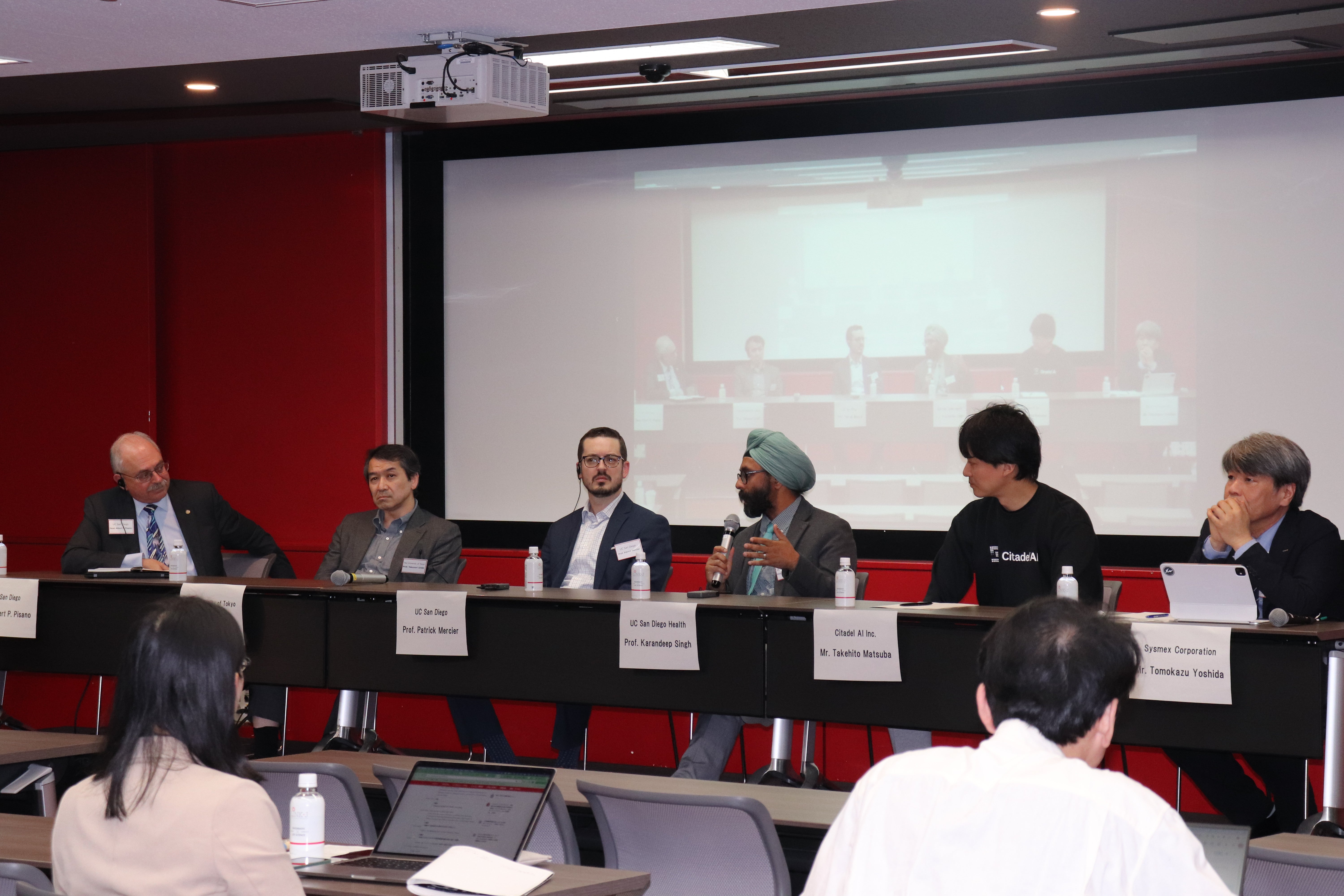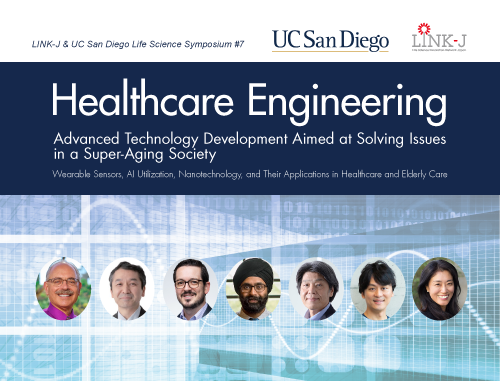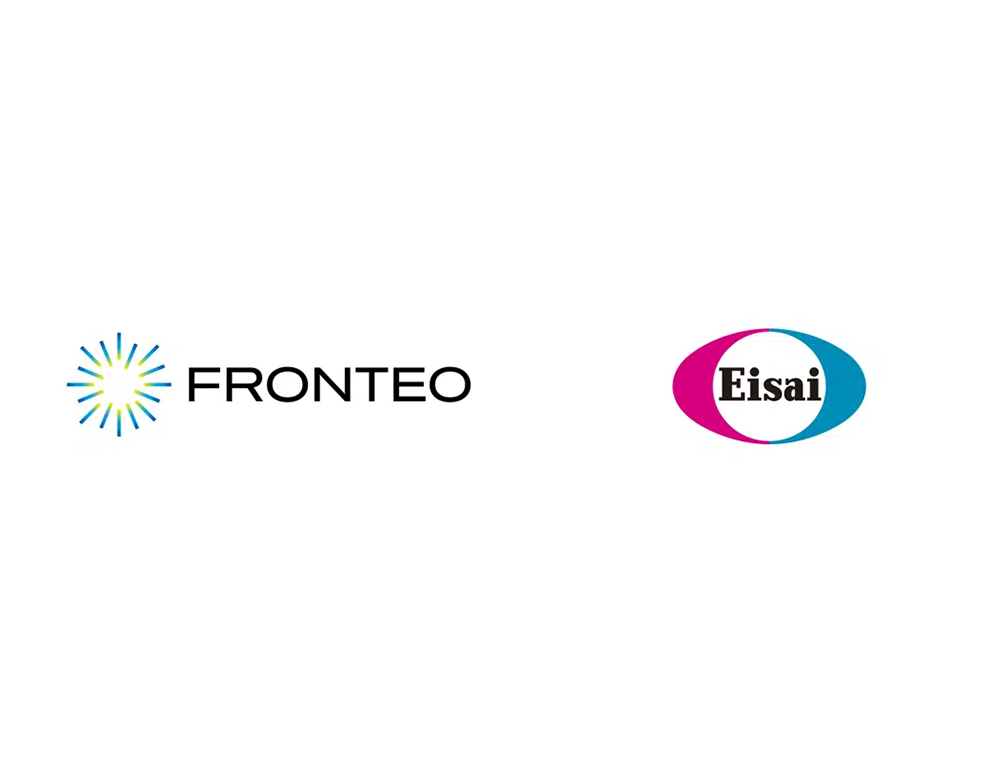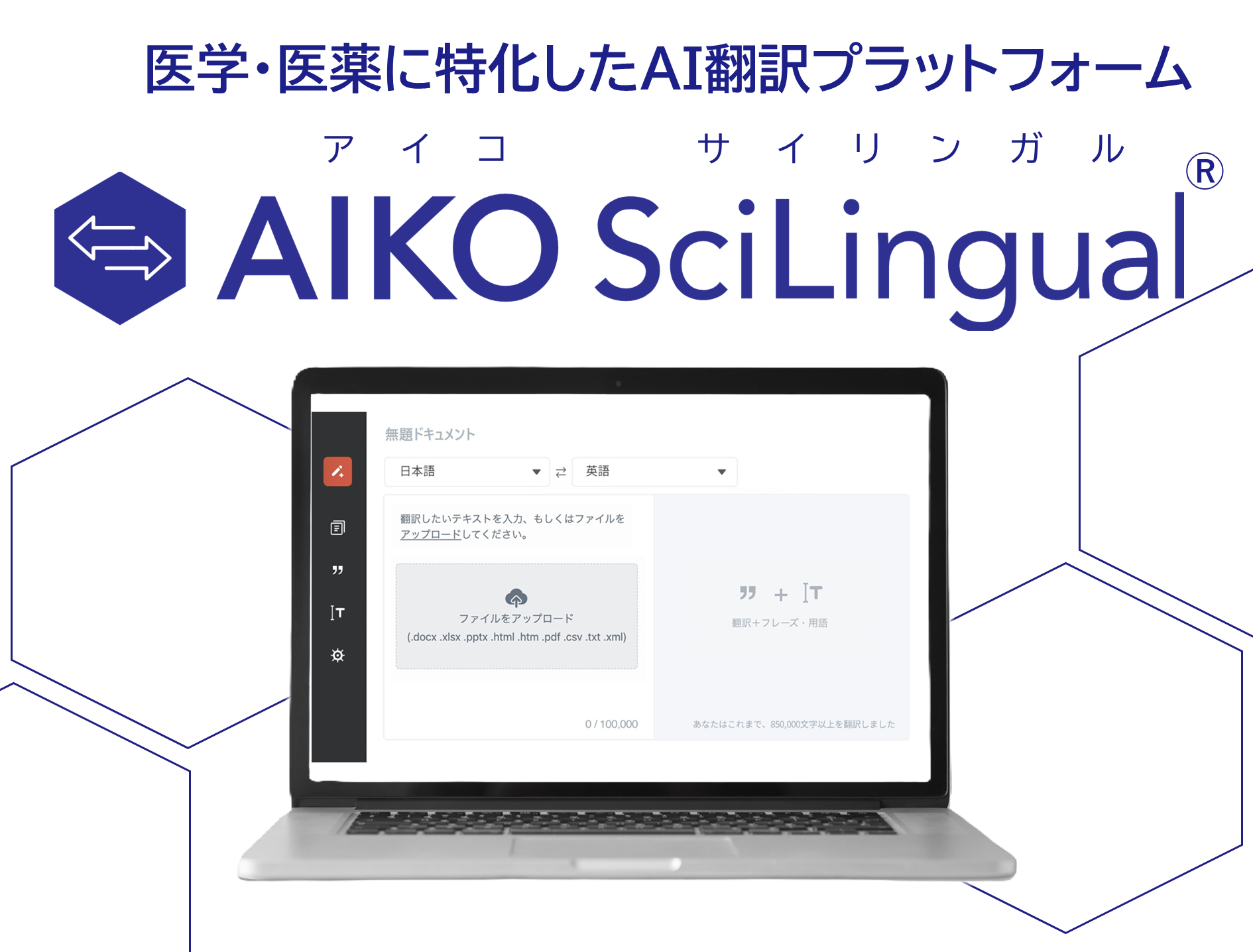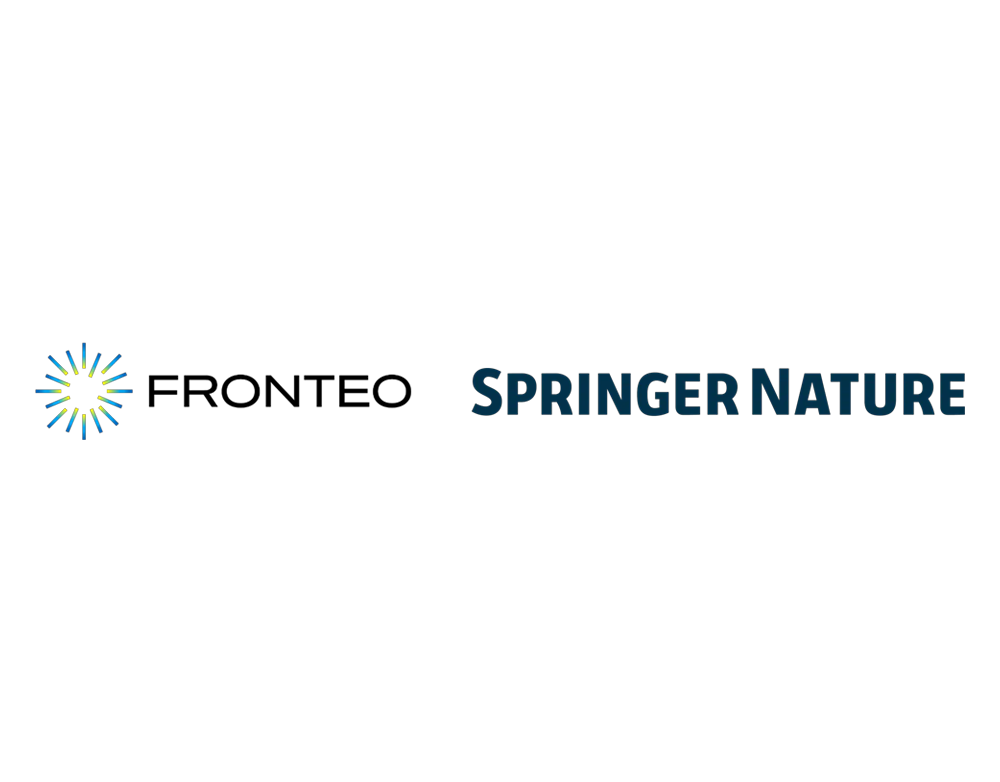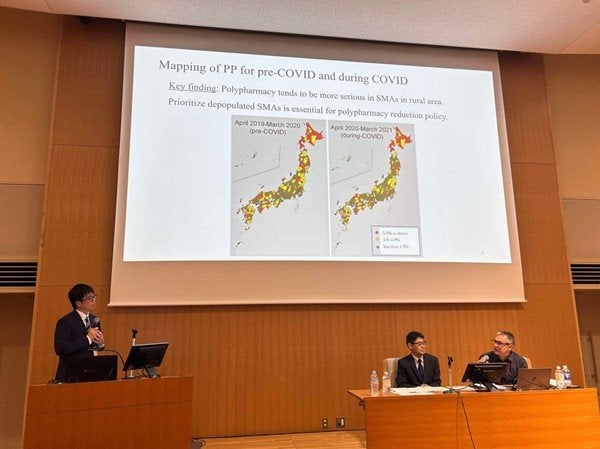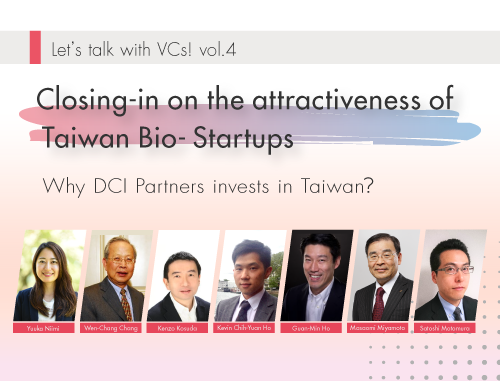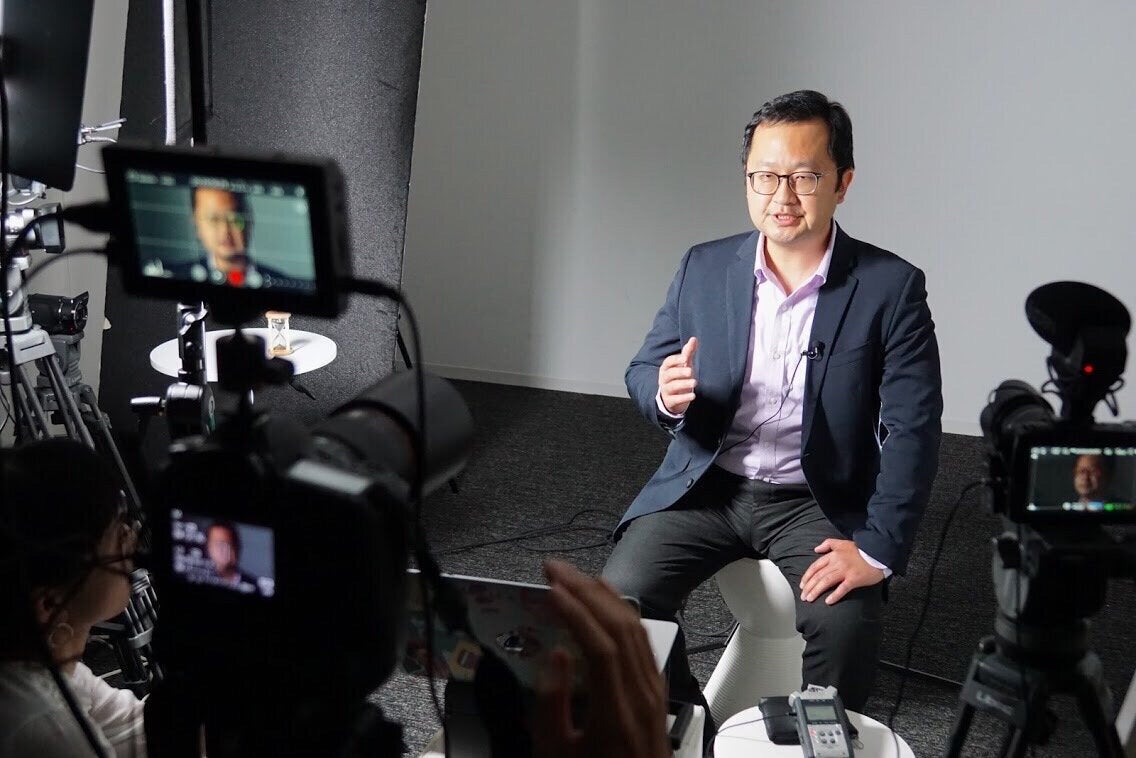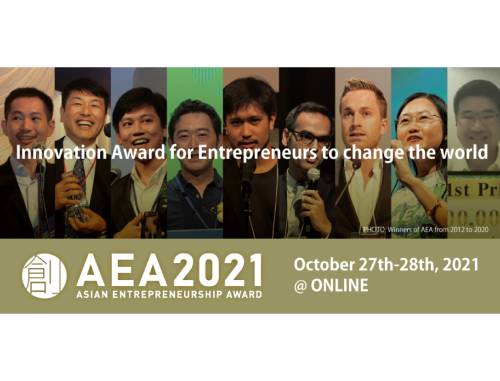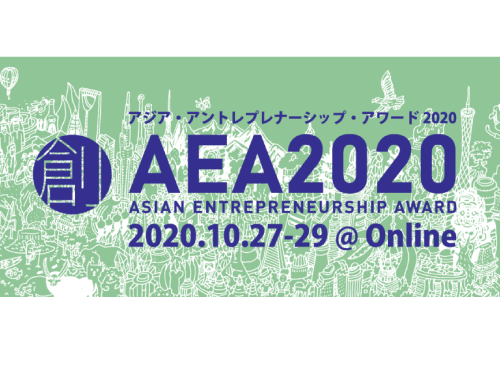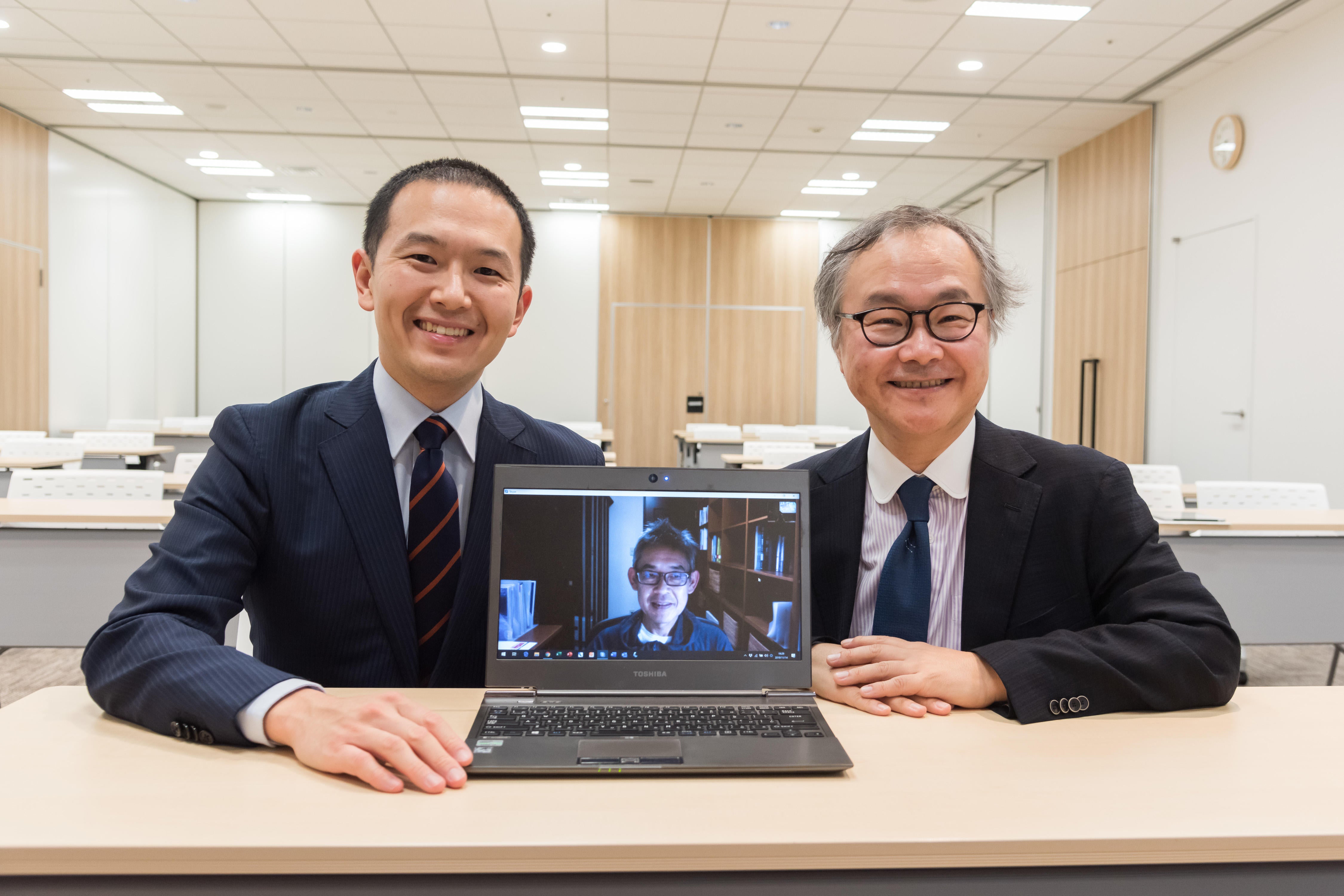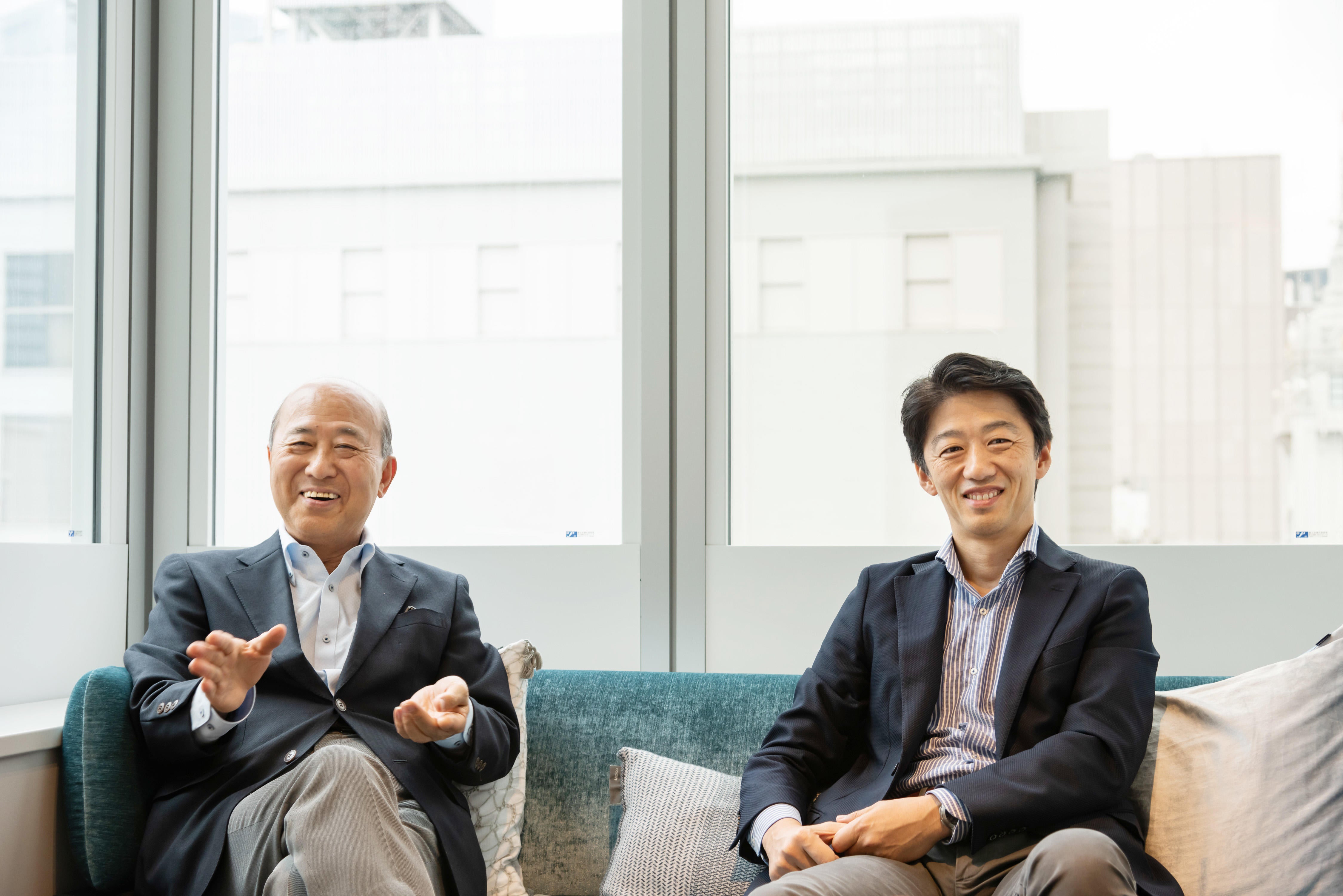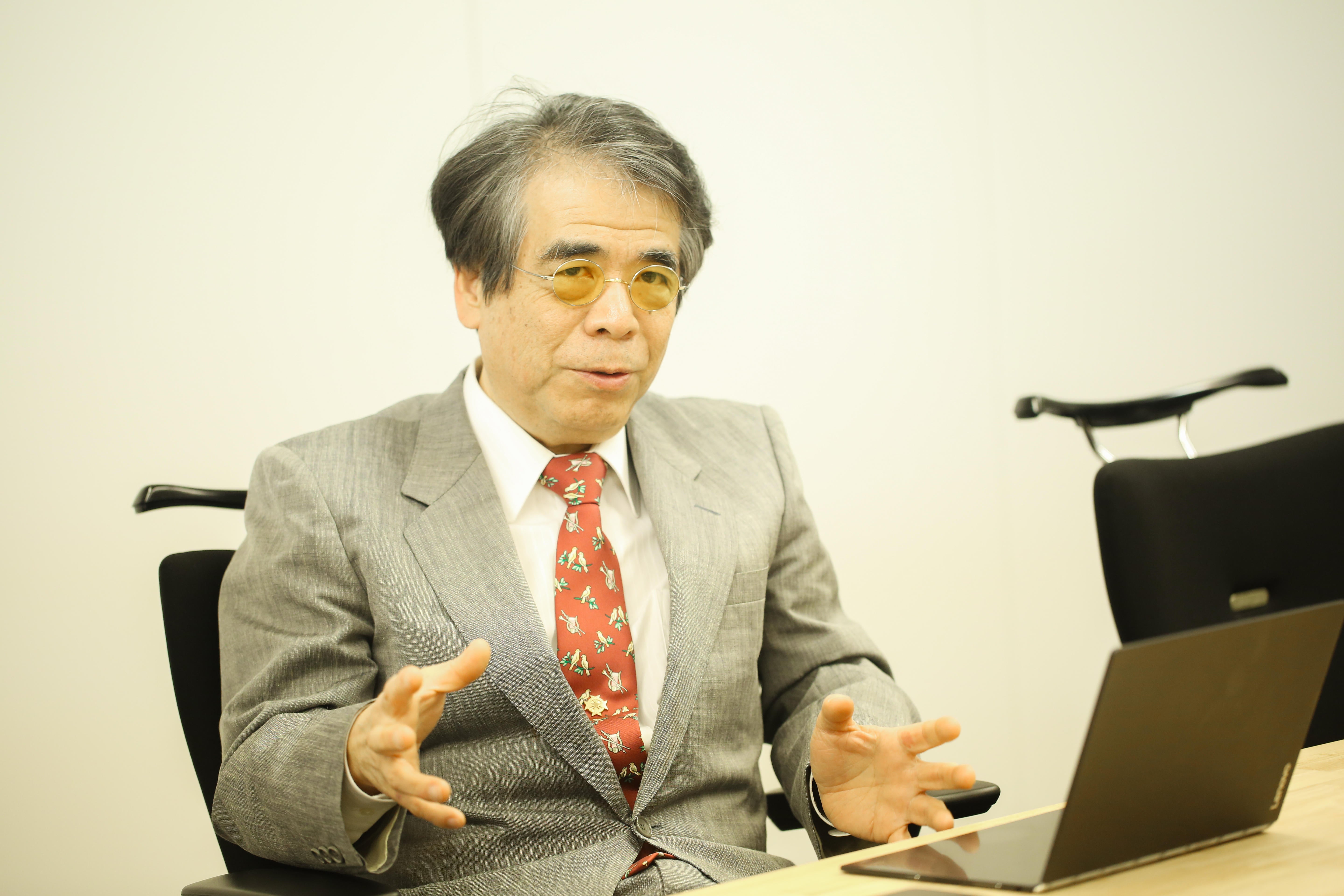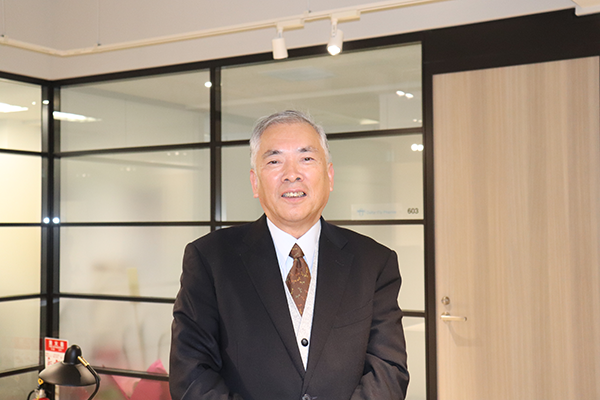Endimension Technology Private Limited (Endimension) is a healthcare AI startup that was incubated at IIT Bombay in 2018 with a mission to develop AI healthcare technology that would reduce misdiagnosis. The company has developed a SaaS-based AI cloud platform that can reduce diagnosis delays and thereby facilitate the earlier detection of diseases. In October 2020, the company participated in the Asian Entrepreneurship Award (AEA2020)event in Japan, winning the Life Science Award.

Following is the interview with Mr. Bharadwaj Kss, the CEO and Founder of Endimension, in which he shares the story behind the start of the company, his experiences at AEA, and his hopes and expectations for business growth in Japan and beyond.
-What made you decide to start this company?
After completing my bachelor's degree, I worked at several companies, including major global companies like General Electric, and two local startups specializing in e-commerce and education. My experience of working at the startups gave me a passion to start my own company, but I did not know exactly where to start. So I went back to IIT Bombay, India's premier technical institute, to specialize in machine learning. That was where I saw the huge potential of AI and wanted to do something with it. But I still didn't have a clear idea. So after graduation, I spent one year participating in a series of AI competitions and machine-learning hackathons and grabbed many awards at key competitions including the Société Générale Machine Learning Hackathon and Lung Nodule Analysis (LUNA16) Grand Challenge. Through such experiences, I recognized there were needs in the healthcare sector, and saw huge potential to apply AI technology to address those needs. This all led me to apply to join the Society for Innovation and Entrepreneurship (SINE) at IIT Bombay and I was lucky enough to have mentors who saw the potential in incubating my business.
-Why did you become passionate about reducing patient misdiagnosis in particular?
I was shocked to come across studies that said the average rate of accurate diagnosis performed by radiologists is only around 70%. I did not know there was such a high rate of misdiagnosis in medical scanning. I also knew about the case involving the mother of one of my friends; she took a scan at the local hospital and came back with a report saying that she had a 5cm tumor. My friend got very scared and called me; I advised her mother to go back and take one more scan. Two days later, she got back with another report saying that the tumor was actually only 2cm, which indicated that it was less likely to be a cancer. This type of misdiagnosis happens and causes a lot of trauma for patients.
So I asked the question - why do radiologists misdiagnose patients? I came to realize that there are fewer radiologists despite the rising volume of medical scans. In the U.S., for example, radiologists have just 3-4 seconds to read each scan and they do that repeatedly for about 8 hours a day. At the end of the day, radiologists are human, and if they get too tired there is more likelihood of human error. On the other hand, AI technology does not get tired and it can also analyze the scan images in more detail--even at pixel level--to catch small signs of abnormality. This is why I felt that AI has a huge potential to assist radiologists to make more accurate diagnoses."

Endimension offers AI cloud-based subscription type or pay-per-use medical scan image diagnostic services for radiologists at hospitals, tele-radiology companies, diagnostic centers, OEM's, and freelance radiologists. The technology that Endimension offers is generic and its application has the potential to additionally identify diseases from x-ray images, CT scans, MRIs, and mammography and other modalities.
-Tell us about your services and who your key customer segments are.
I believe in the power of AI and humans working together. We offer cloud-based AI diagnostic services via two business models: subscription-based or pay-per-scan. When patients' scans are stored in the database, our AI reads those scans and automatically highlights potential abnormalities. The analyses are then passed to radiologists who read both the scan and the analysis report produced by AI. This helps radiologists to make decisions faster and in a more accurate manner. Since our services are offered in the cloud, anyone who has an internet connection can access them regardless of their location.
We mainly work with hospitals, such as cancer hospitals, radiology companies and also small diagnostic centers or clinics, especially in rural areas. The AI market in the field of radiology is still an untapped market and has huge potential. Each year, there are approximately four billion scans produced worldwide, and AI has the potential to work with all types of scan images including those from X-rays, CTs, mammograms and so on.
-What are the key competitive advantages of Endimension compared to other companies working in this field?
Although companies working in this field can specialize in analyzing the scanned images of individual diseases, such as lung cancer or breast cancer, or the images of patients from particular ethnic backgrounds, such as Japanese or Indian, our company is seeking to offer a wider range of image datasets covering various types of diseases. We believe that we already have more diverse datasets covering a wider range of diseases than other companies specializing in just one particular disease.
Another competitive advantage is that we have large sets of data covering Indian patients, which is a huge advantage in the Indian market. We also have a partnership in the U.S. which gives us access to the datasets of patients in the U.S., which will help if we eventually enter the U.S. market. Therefore having such access through partnerships with diagnostic centers and hospitals gives us a competitive advantage allowing us to enter such new markets.

The Life Science Award that the company won at AEA2020 includes various forms of business support that will ease the company's business entry and growth in Japan.
-How was your experience at AEA? What did you enjoy the most?
First of all, I was very happy to see that AEA was held at all, given the pandemic. I really enjoyed meeting with other startups from different backgrounds and learning from one another. For instance, I had a chance to talk with a startup from Russia working in the field of AI and we discussed the challenges and prospects particular to this field. I also got to know a Japanese AI company in the field of manga comics and enjoyed seeing AI leveraged in a totally different domain.
-How do you see the potential and challenges of the Japanese market?
Recent study shows that Japan is one of the countries with the lowest number of radiologists and physicians per million population and I see the huge needs and opportunities in the Japanese market. One of the challenges is that each country has its own unique set of medical practices and regulations. The Japanese market is still new to us, so we first would like to partner with Japanese hospitals or healthcare professionals to understand the regulations and issues they face in Japan, and their needs. We are particularly interested in partnering with a major Japanese cancer hospital to validate our technology there. In India, we partner with the country's largest cancer hospital--Tata Memorial--and have our technology clinically validated there. We would like to undergo a similar technical validation here in Japan.

Endimension currently has 15 staff, including seasoned radiologists and machine-learning specialists, who are all united to accomplish our vision of eradicating misdiagnosis across the world.
-How do you see the current growth stage of your company? How do see your company in the next 10 years?
Our mission is to reduce patients' misdiagnosis and we are going to stay as long as there is misdiagnosis in medical scanning. Over the next ten years we are particularly interested in reaching out to countries or rural/tribal areas in India and Africa with shortages of radiologists where there is a high need for quality diagnosis supported by advanced technology. We are also interested in more advanced countries in the European market, or Japan, where there is also a big need for accurate diagnosis.
At the same time, we will also seek to improve our AI technology. We are still at the first level of AI helping radiologists to provide accurate diagnoses. In the long run, we would like to see our AI technology predicting the onset of patients' diseases even before they visit a doctor. This kind of prediction is the real power of AI, so we want to keep improving our AI on the one hand while we expand our reach to patients with limited access to healthcare technology.
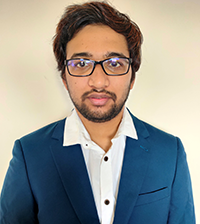 Bharadwaj Kss, Founder and CEO of Endimension Technology.
Bharadwaj Kss, Founder and CEO of Endimension Technology.Prior to incubating Endimension, he worked at General Electric (GE) and local startup companies in the field of e-commerce and education. He holds a B.Tech in Aerospace Engineering from IIT Madras and a Master's in Computer Science with specialization in Machine Learning from IIT Bombay. His key awards & recognitions include winning AI hackathons at Société Générale Machine Learning Hackathon 2016 and I-Hack at IIT Bombay Entrepreneurship summit 2017.
